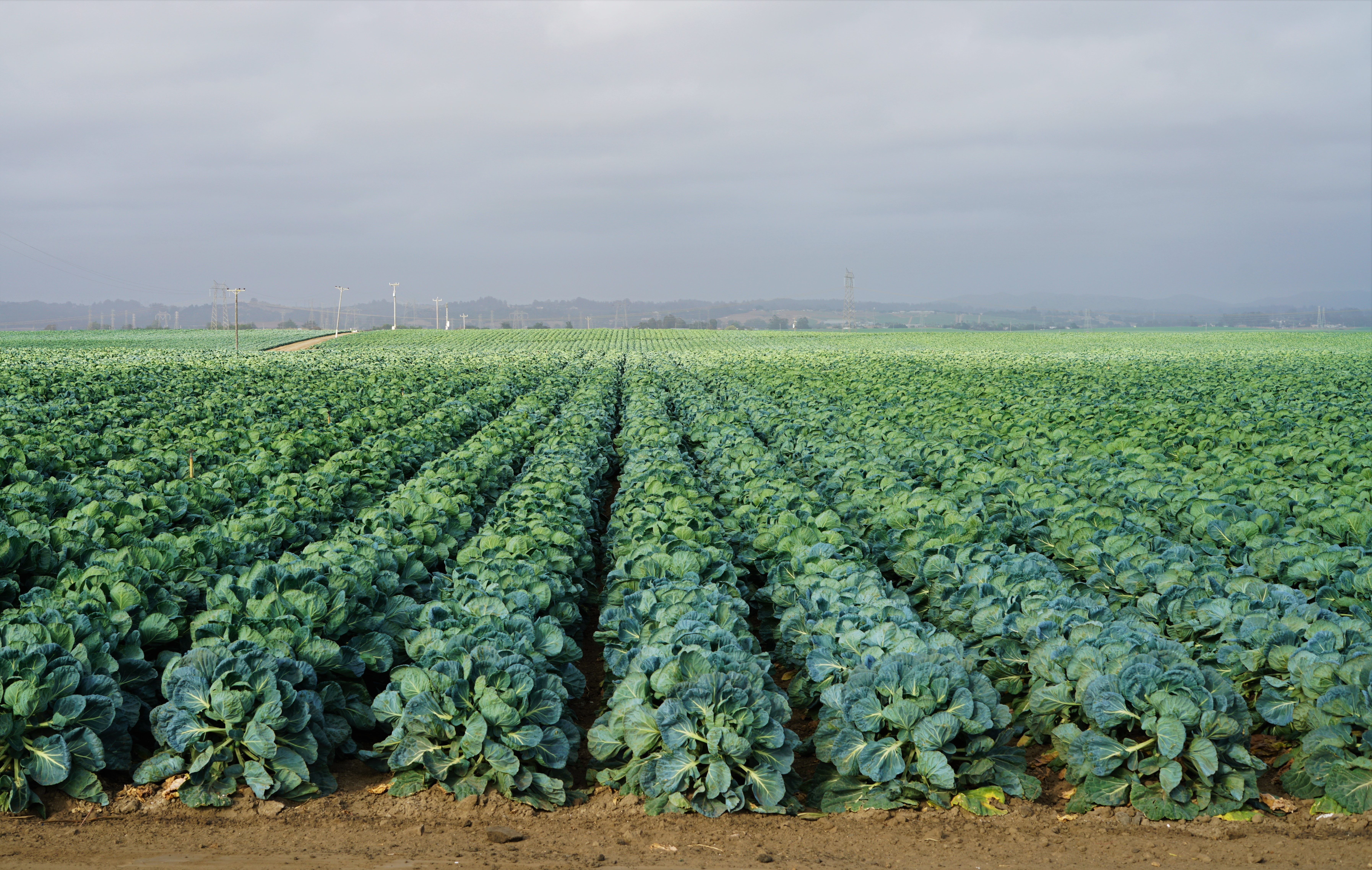
How might an increase in agricultural production impact climate change, biodiversity loss, and ecological damage? Scientists rely on rigorous research studies to guide policy and technology innovation, but a new literature review by Bren PhD student Alberto Garcia finds the state of literature on this topic lacking.
Garcia and his collaborators at the UCSB Environmental Market Solutions Lab propose priorities for new research proposals that could fill in the gaps in literature. Their technical note for the Standing Panel on Impact Assessment is titled, "The Environmental Impacts of Agricultural Intensification."
"Few studies employ the necessary rigorous research designs," comments Bren professor Kelsey Jack, one of the Bren and emLab collaborators leading a call for proposals on this topic, "such as approaches that isolate causal relationships rather than correlational associations."
Isolating these relationships is a challenge for researchers, particularly when they're quite complicated. Increasing agricultural production may have direct impacts on the environment, such as biodiversity loss and increased air and water pollution due to increased use of chemicals and fertilizers. Factor markets, price responses, and policy interventions, meanwhile, can lead to less clear-cut outcomes from intensification. One potential change – the conversion of native forest into pasture or cropland – is less likely to occur under specific market circumstances.
If global population and food consumption trends continue, studies suggest that the world will need 60 percent more food by the year 2050. To meet these global food security goals while minimizing environmental and social harm, Garcia suggests, "investigations into the successes and shortcomings of agricultural intensification will be a priority moving forward."
Further reading:
The Environmental Impacts of Agricultural Intensification, a literature review by Alberto Garcia
Thinly Spread, Lacking Rigor, Critically Important, an article by Bren Associate Professor Kelsey Jack and James Stevenson underscoring a call for further research



